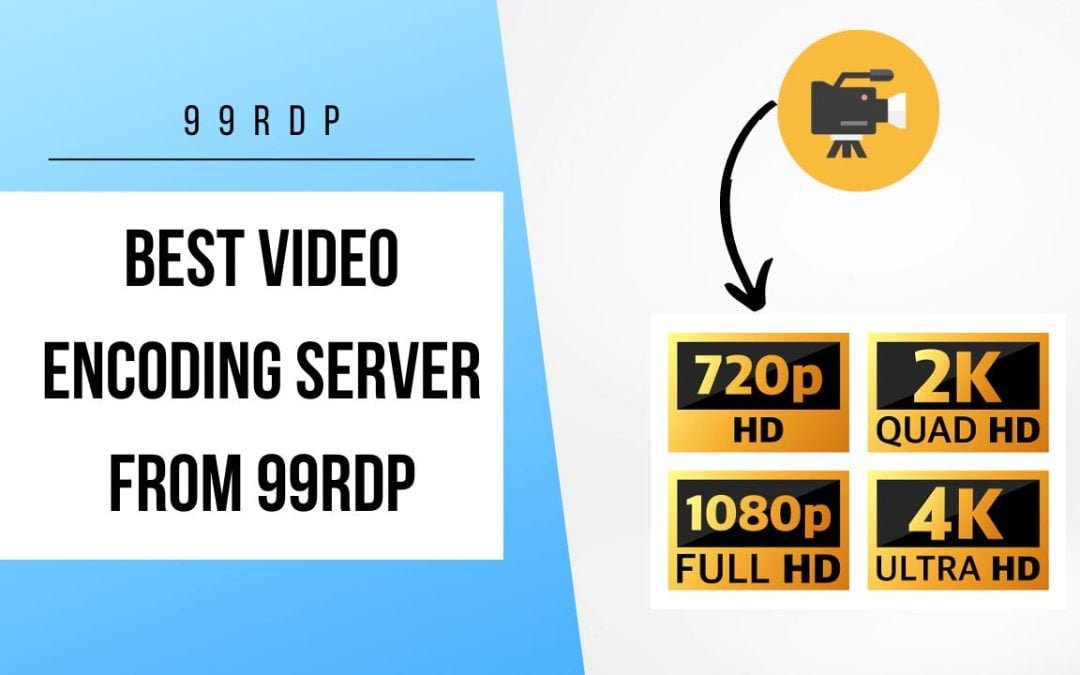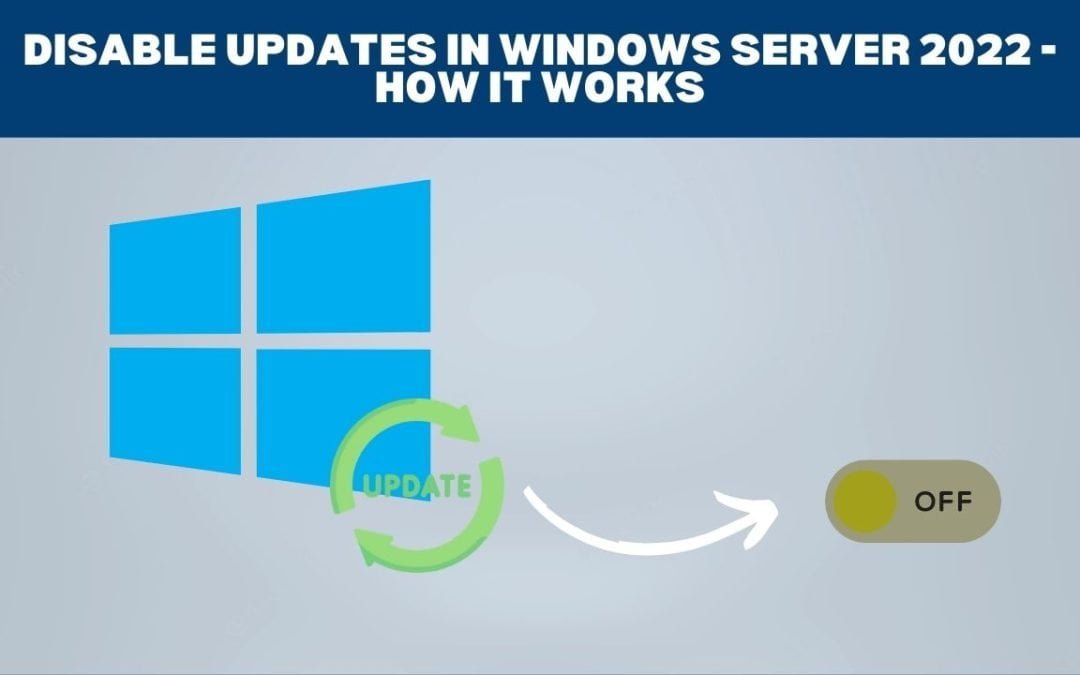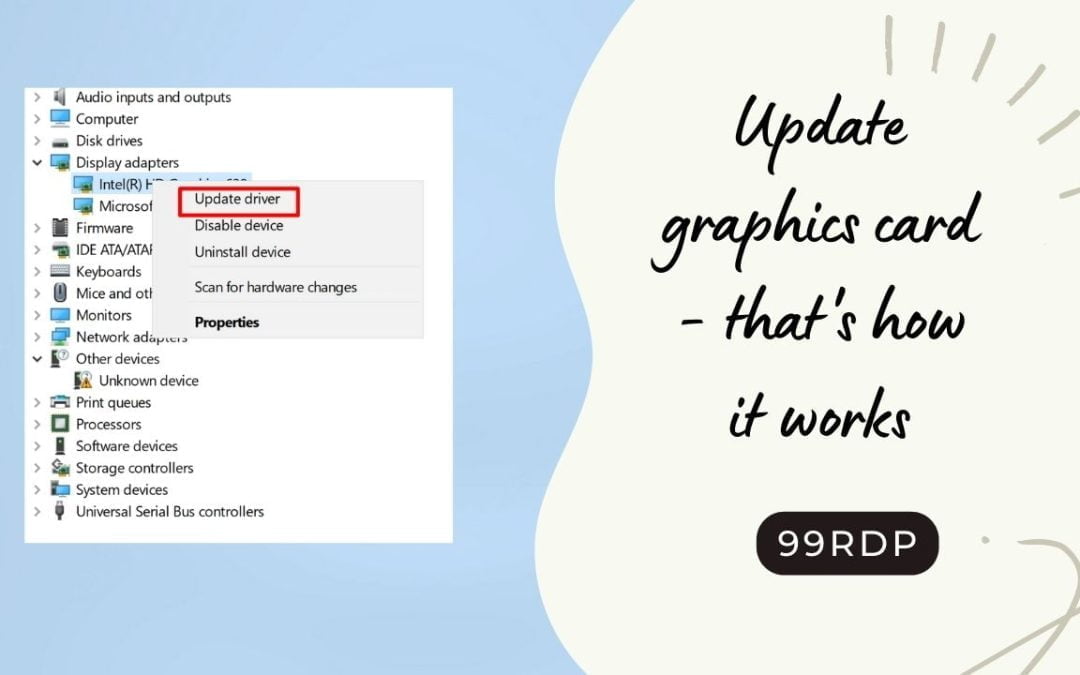In today’s world, remote access has become an essential requirement for individuals and businesses alike. With the increasing demand for remote work and flexible access to data, choosing the right solution for remote access has become crucial. Two popular options for remote access are Remote Desktop Protocol (RDP) and Virtual Private Server (VPS). While both RDP and VPS allow remote access to a computer or server, they have some fundamental differences that make them better suited for different use cases. In this article, we’ll compare RDP and VPS, and help you choose the right solution for your remote access needs.
What is RDP?
- RDP stands for Remote Desktop Protocol, which is a proprietary protocol developed by Microsoft for remote access to a computer or server. It allows users to connect to a remote machine over a network connection and control it as if they were physically sitting in front of the machine.
- With RDP, users can access files, applications, and other resources on the remote machine as if they were accessing them locally. This can be useful for remote work, accessing a home computer from another location, or managing servers in a data center.
- RDP is built into Windows operating systems and is widely used in business and enterprise environments. It provides a secure and efficient way to remotely access and manage computers and servers, with built-in encryption and authentication mechanisms to protect sensitive data.
What is VPS?
- VPS stands for Virtual Private Server, which is a virtualized server environment that operates as if it were a dedicated server. In other words, a VPS is a virtual machine that runs its own operating system, software, and applications, but shares the physical resources of a host server with other virtual machines.
- A VPS is typically hosted in a data center and provides users with access to a range of features and capabilities, such as dedicated CPU and RAM, root access, and the ability to install custom software and applications.
- VPS hosting is a popular choice for businesses and individuals who require a dedicated server-like environment without the high costs associated with dedicated server hosting. It is often used for web hosting, development, and testing environments, and as a platform for hosting business applications.
- Unlike shared hosting, where multiple users share the resources of a single server, VPS hosting provides a more isolated and secure environment, with its own operating system and dedicated resources.
RDP or VPS: Choosing the Right Solution for Your Remote Access Needs
When it comes to remote access solutions, two common options are RDP (Remote Desktop Protocol) and VPS (Virtual Private Server). Both options allow users to remotely access their computers or servers, but there are important differences to consider when choosing the right solution for your needs.
Remote Desktop Protocol (RDP): RDP is a Microsoft protocol that allows users to connect to a remote computer over a network connection. It is typically used to access a single computer from another device, such as a laptop or mobile device. RDP requires a user to have administrative privileges on both the remote computer and the local device used for the connection. RDP is often used in small to medium-sized businesses to provide remote access to employees who need to work from home or on the road.
Virtual Private Server (VPS): A VPS is a virtual machine that runs its own operating system and provides users with access to a remote server. Unlike RDP, VPS can support multiple users at the same time and is often used in larger organizations or for hosting websites and applications. VPS hosting services are provided by third-party companies, which means users do not need to maintain their own hardware or software.
Choosing the right solution: When deciding between RDP and VPS, consider the following factors:
- Number of users: If you need to provide remote access to multiple users simultaneously, a VPS may be a better option than RDP.
- Security: VPS provides a higher level of security than RDP, as the virtual machine is isolated from other users and has its own operating system.
- Cost: RDP is often a more cost-effective solution than VPS, as it does not require additional hardware or software.
- Technical knowledge: Setting up and maintaining a VPS requires more technical knowledge than using RDP, which can be easier for non-technical users.
- Performance: RDP provides better performance for tasks that require high processing power, such as video editing or gaming.
In conclusion, both RDP and VPS are viable options for remote access, but the right solution depends on your specific needs. If you only need to provide remote access to a single user and do not require high levels of security or performance, RDP may be the best option. However, if you need to provide remote access to multiple users and require a higher level of security and performance, a VPS may be a better choice.




